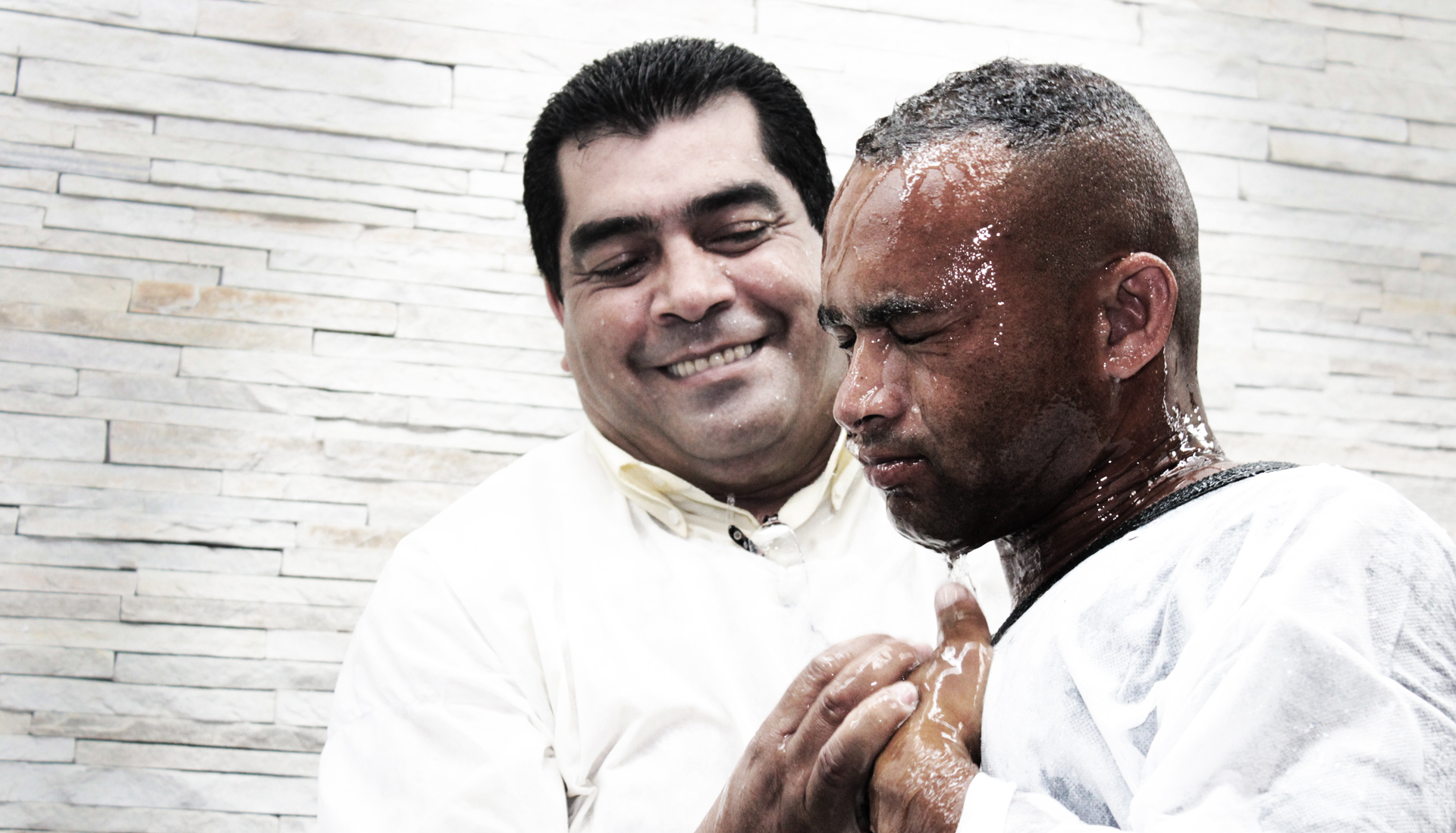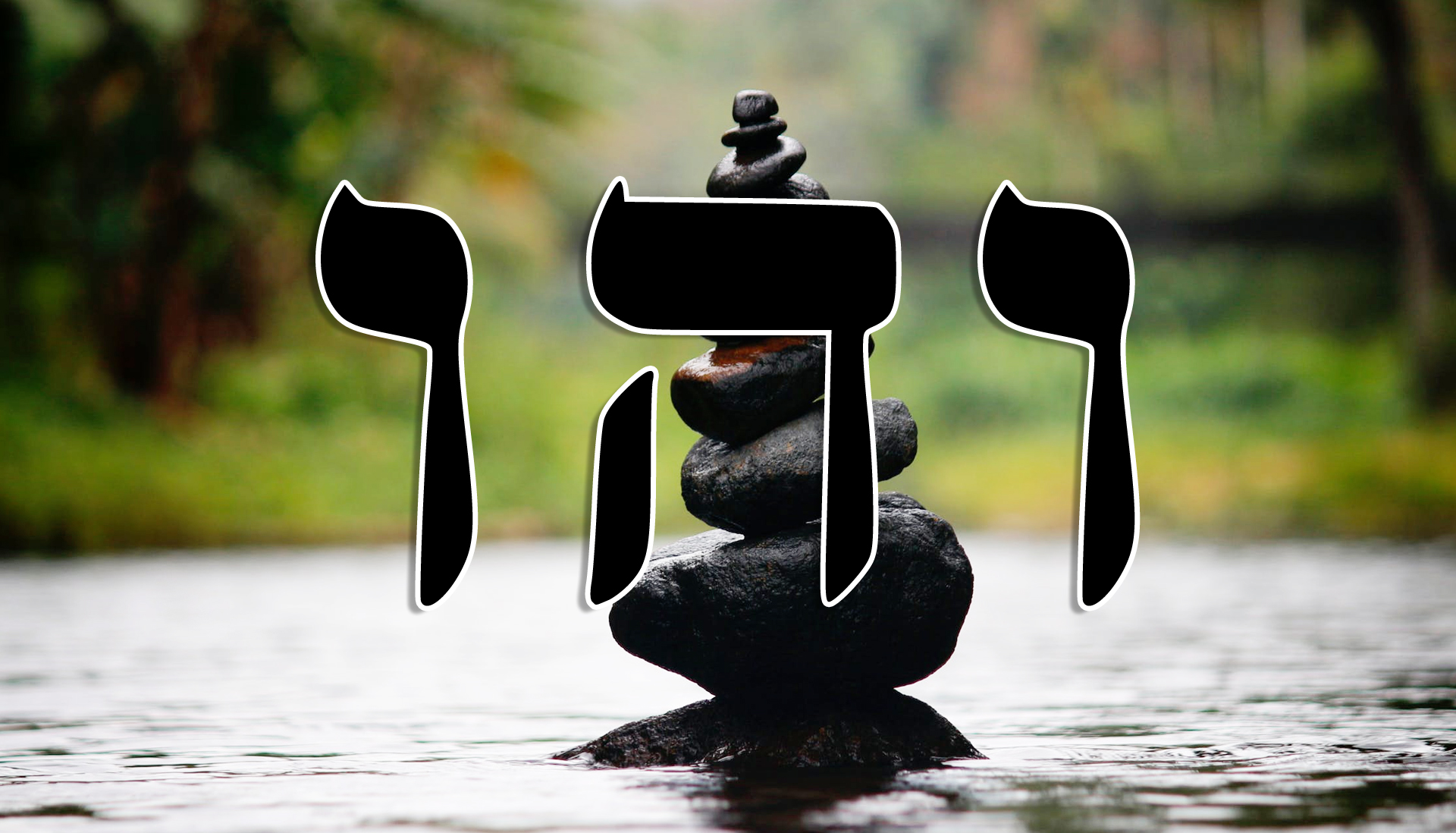What is Sin?
“By the deeds of the law there shall no flesh be justified in his sight: for by the law is the knowledge of sin. But now the righteousness of God without the law is manifested, being witnessed by the law and the prophets; even the righteousness of God which is by faith of Jesus Christ unto all and upon all them that believe: for there is no difference: for all have sinned, and come short of the glory of God.” -Romans 3:20-23
We have been told to abandon sin, to forsake sin, and not to sin. But what is sin? What does it mean to sin? And once we know, how do we avoid it?
Baptism as a Part of Rebirth
“Therefore, come and be baptized unto repentance, that ye may be washed from your sins, that ye may have faith on the Lamb of God, who taketh away the sins of the world, who is mighty to save and to cleanse from all unrighteousness.” -Alma 5:25 RAV, 7:14b RAV
When Nicodemus came to Jesus to learn about salvation, he was told he would need to be born again (John 3:1-8). Baptism is a Sacrament offered to those that have covenanted with God to be His people. When we were born again we were washed clean and made members of God’s one true Heavenly church through this covenant. When moved by the Holy Spirit, we will wish to be baptized as a symbol of this covenant, thus it is called the baptismal covenant. As above, so below; as below, so above.
Serving Others
“And behold, I tell you these things that ye may learn wisdom, that ye may learn that when ye are in the service of your fellow beings, ye are only in the service of your God.” Mosiah 1:49 RAV, 2:17 OPV
In Kabbalah, there is a focus on moving away from Ego towards godly altruism. The essence of not just Mormon Kabbalah, but every form of Kabbalah is “love thy neighbor as thyself,” the second greatest commandment as taught by Jesus (Leviticus 19:18, 33-34). Kabbalist teacher Rav Akiva taught that loving others as we love ourselves is the purpose of all spiritual teachings and the very heart of our spiritual work. Altruism, to the Kabbalist, isn’t just giving, it is serving others; it’s not just a hand out, it is a help up. And, it is more than what we do or what we give, there is a focus on the how and the why as well.
Born that Way
“And they are free to choose liberty and eternal life, through the great mediation of all men, or to choose captivity and death, according to the captivity and power of the devil.” -2 Nephi 1:120 RAV, 2:27b OPV
I was talking to someone once about a sin they were trapped in. They stated that they were “born that way,” that God had made them with that sin (think lying, stealing, etc.) and so they didn’t need to repent of it. The idea was that if God is perfect, then His creations are perfect, and there is no sin in what they were “born to do.”
Vav Hei Vav
“But thou, O Lord, art a shield for me; my glory, and the lifter up of mine head.” -Psalms 3:3
This first Name of God can be used as a teshuvah meditation. It is used in this manner to look into and correct the past. Vav Hei Vav is a mantra for meditation that can protect us from shame as Christ’s Grace erases our embarrassment, confusion, and instability brought by sin. It emphasizes on the correction of past errors and helps assist us return to control. Using this mantras indicates remorse.
Teshuvah: The Gospel of Jesus Christ
“The time is fulfilled, and the kingdom of God is at hand: repent ye, and believe the gospel.” -Mark 1:15
Teshuvah is a Hebrew word translated in the Bible as “commandment“ or “repentance.” However, it’s true meaning is “return,” as in one returning to their original state. We use the term Teshuvah in Mormon Kabbalah for a few reasons. The main reason is because we are not leaving our old lives or old paths when we set Ego aside for something new. Rather, we are returning to the path we were already on.
And a Contrite Spirit
“The sacrifices of God are a broken spirit: a broken and a contrite heart, O God, thou wilt not despise.” -Psalms 51:17
The Lord has asked us to come to him with a broken heart and contrite spirit (3 Nephi 4:49 RAV, 9:20 OPV). As we’ve already stated, a “broken heart” is a pierced heart. One open to both receiving and pouring out God’s Love, the true prayer now inscribed upon it. What then is the “contrite spirit?”







